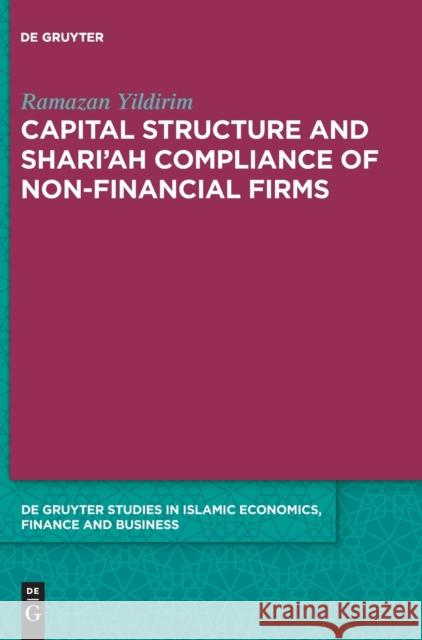Capital Structure and Shari'ah Compliance of Non-Financial Firms » książka
topmenu
Capital Structure and Shari'ah Compliance of Non-Financial Firms
ISBN-13: 9783110713503 / Angielski / Twarda / 2021 / 402 str.
Kategorie:
Kategorie BISAC:
Wydawca:
De Gruyter
Seria wydawnicza:
Język:
Angielski
ISBN-13:
9783110713503
Rok wydania:
2021
Numer serii:
000856453
Ilość stron:
402
Waga:
0.83 kg
Wymiary:
24.41 x 16.99 x 2.39
Oprawa:
Twarda
Wolumenów:
01











